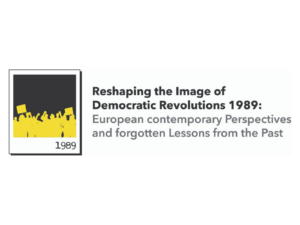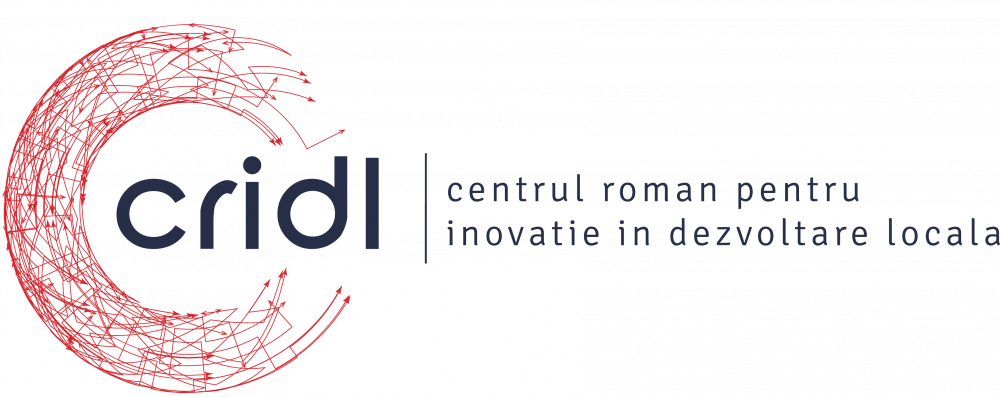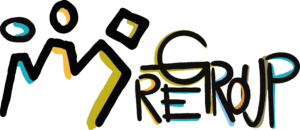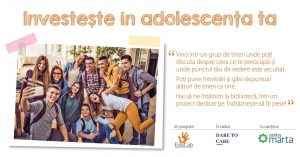
The project “Reshaping the image of democratic revolutions 1989: European contemporary perspectives and forgotten lessons from the past” seeks to remind European citizens about the democratic revolutions 1989-1990 as a period of arduous struggles for pluralistic democracy and peaceful coexistence in Europe with the aim to strengthen the contemporary commitment of the European citizens to the preservation of democratic pluralism and democratic institutions. While fostering the transnational dialogue of European citizens about 1989 and its consequences, the project increases knowledge and awareness among the citizens about the similarities of European countries and thereby contributes to the strengthening of European identity. Furthermore, the project fosters a resilience against contemporary populist narratives based on the promise of a return to the allegedly “better past”.
Following the successful kick-off meeting and the public discussion “The democratic revolutions 1989 and contemporary Europe” held in Zagreb, Croatia, in November 2019, in June 2021 the International Forum held online offered citizens from different European countries the opportunity to discuss together their experiences of 1989, the aftermath of the democratic revolutions and the transition to democracy.
Using the testimonies of time witnesses who actively fought for democracy recorded during the International Forum, we created the film “How did 1989 change Europe?”. To suggest methods on how to use the film as an educational tool we also created the manual with didactic materials “1989: a lesson from the past”.
The seminar for history educators which took place in Thessaloniki, Greece, in September 2021 allowed us to present these materials to professionals from formal and non-formal education coming from 10 different countries.
From October 2021 till the end of the year we published a series of texts as part of our online campaign #reshaping 1989.
To promote the project, the film, the manual and the texts from the online campaign, from October 2021 to January 2022 we organized local presentations in all partner countries.
The conclude the project and maximize its impact the partners organized the Forum “The democratic revolutions of 1989 in popular culture and art” in February 2022. The event was organized in a hybrid format with its first four sessions taking place on Zoom, and the last session happening in person in Vienna, Austria, while also being streamed on Zoom for the participants of the Forum.
The project is coordinated by Documenta and brings together the following European organizations and institutions: BLOCKFREI – Verein für Kultur und Kommunikation (Austria), Aarhus Universitet (Denmark), Tartu Ülikool (Estonia), United Societies of Balkans (Greece), Hipmont – Udruženje profesora istorije Crne Gore (Montenegro), European Network Remembrance and Solidarity (Poland) and The Romanian Centre for Innovation in Local Development / Centrul Român pentru Inovație in Dezvoltare Locală (Romania).
Follow us on Instagram @reshaping1989
You can read more about the project here, info_details activities_en_RIDR


